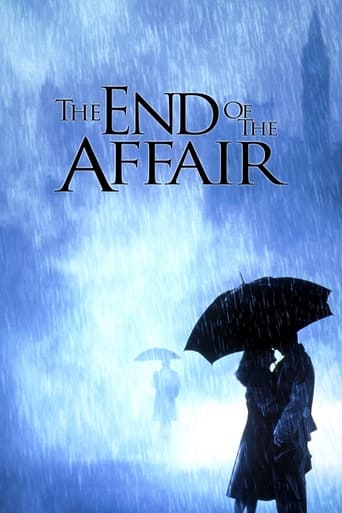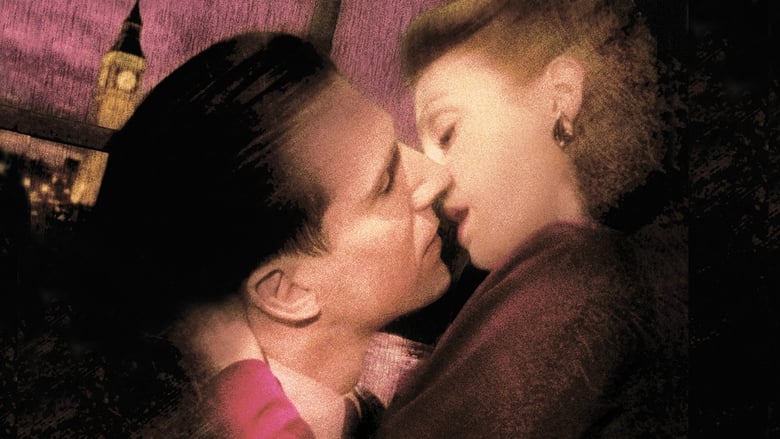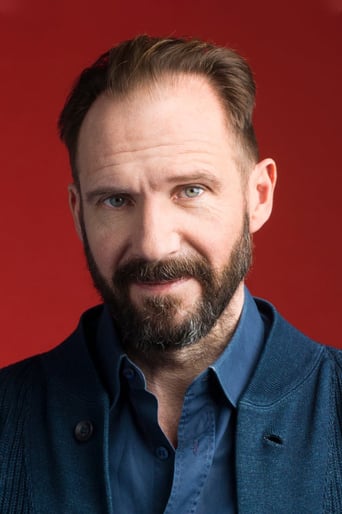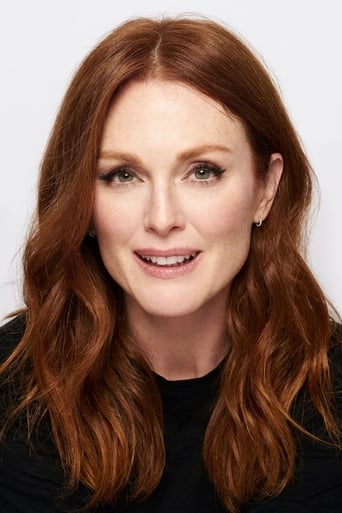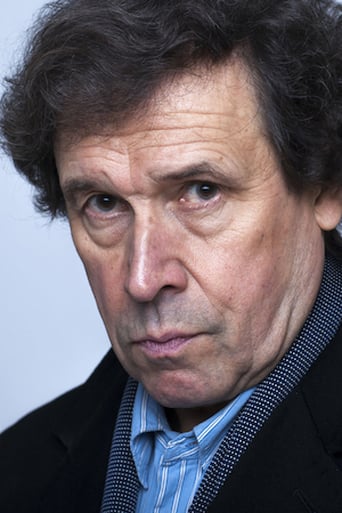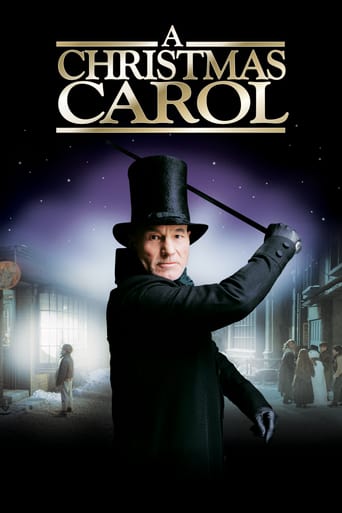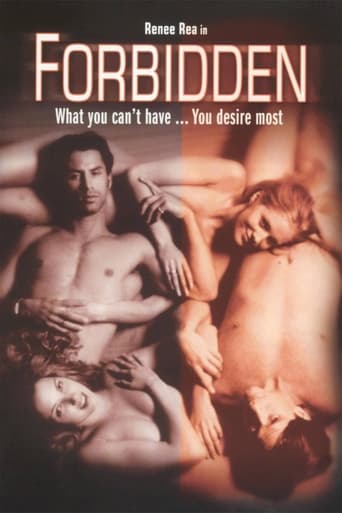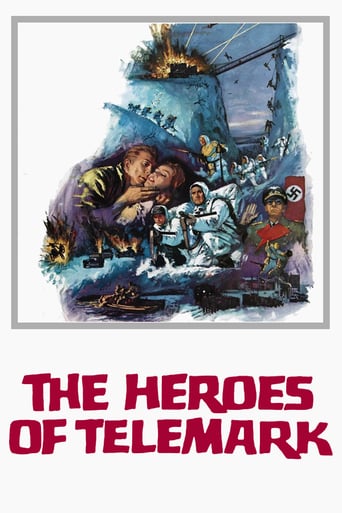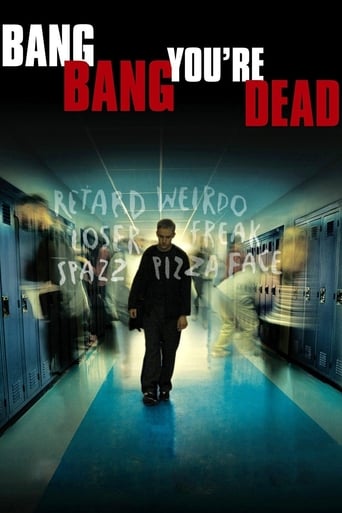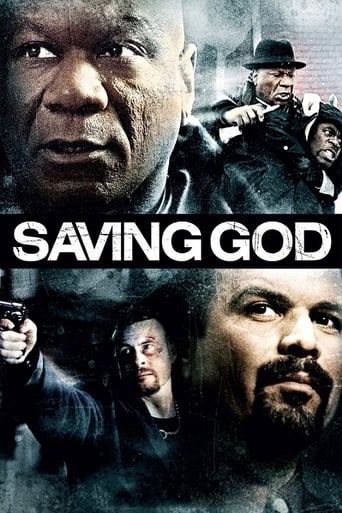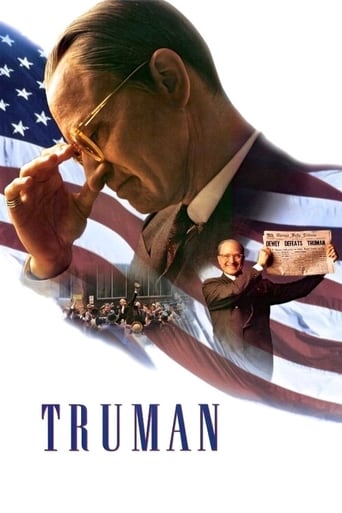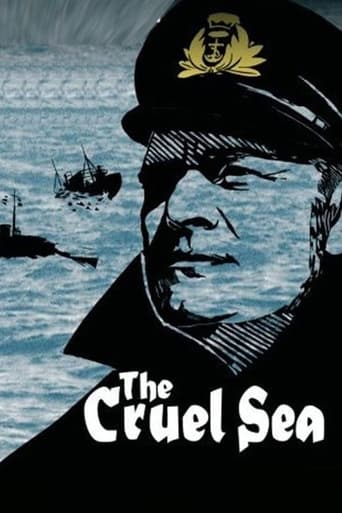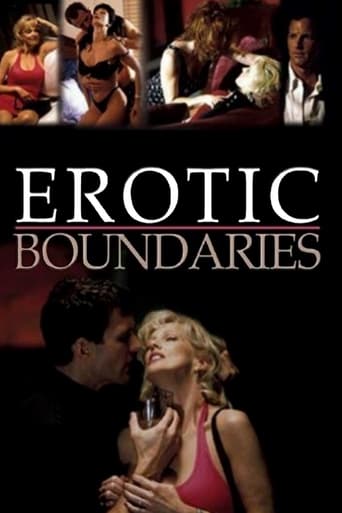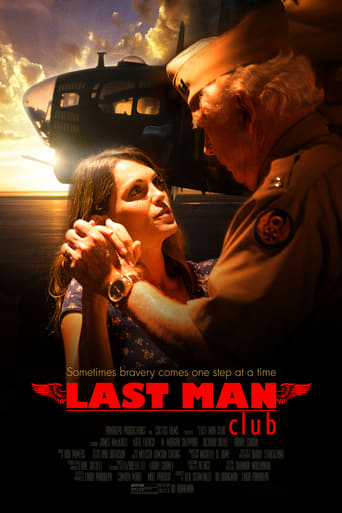The End of the Affair (1999)
On a rainy London night in 1946, novelist Maurice Bendrix has a chance meeting with Henry Miles, husband of his ex-mistress Sarah, who abruptly ended their affair two years before. Bendrix's obsession with Sarah is rekindled; he succumbs to his own jealousy and arranges to have her followed.
Watch Trailer
Cast


Similar titles
Reviews
It is not the inspired term. but it is the most complete. because, if you know the 1955 version, the expectations are not modest. but you not discover new "clothes' of a classic but new precise nuances. it is not s competition between versions/actors/visions. but an elegant, precious equilibrium . Julianne Moore is superb as Sarah. Ralph Fiennes is the ideal Bendrix. and Stephen Rea has the science to explore the portret of the husband in right way. a film like a small gem.
Well, I just turned off the DVD player and gave up on watching this flick. I saw it for approximately 60 minutes and asked myself what was going on. People will think I'm kinda dumb, but I sincerely didn't understand what was director's point in intercalating past scenes with current ones. Sometimes the story was sooo slow and uninteresting that I was asking myself if the scene was old or current, since director didn't mind doing that all the time. The only things I could appreciate were the good acting and the beautiful photography direction, which delivered some beautiful scenes and dialogs. However, it feels too Shakespearian and too abstruse to make the spectator care about what's happening. Maybe some little less conversation and much more action-- even in a drama film-- would make it far more interesting than that. I still have hope I'll enjoy other Neil Jordan movies anyways.
Well, the events are credible and romance visible, but the background is too gloomy and tragic even for Neil Jordan. Everything is complex, sophisticated and the only one finally happy is the boy, a supporting character. Ralph Fiennes as Maurice Bendrix and Julianne Moore as Sarah Miles are great, of course; unfortunately, Stephen Rea (as Henry Miles) is too briefly on screen - he is a great actor and Jordan has used him repeatedly. The book behind (a 1951 novel by Graham Greene) is strong, providing the movie an additional value, a tight backbone; the scenes are tight and do not become blurred. However, the movie is not for everyone, not necessarily for lovers or husbands to enjoy. Due to the above-mentioned gloominess and pain.
There are faces that cameras like. Ralph Fiennes, for example, in any movie you watch him, whether he is a psycho killer ("Red Dragon") or Voldemort himself ("Harry Potter"), he looks good. If the camera loves you, you don't need to worry because at the end of the day everything will be okay, and I say this because I've never thought of him as a great actor. Again, the camera loves his face but that face says nothing to me. Even more interesting, I've never seen him hit the right chemistry with a female co-star; not with Jennifer Lopez in "Maid in Manhattan", not with Rachel Weisz in "The Constant Gardener". Here, in Neil Jordan's "The end of the affair", the chemistry is not the best with Julianne Moore, but we feel the overwhelming love the movie is trying to express. Has it got to do with other things? Julianne Moore, undoubtedly one of America's best contemporary actresses and one that can do just about anything, plays Sarah Miles, the wife of Henry Miles (Stephen Rea) who falls in love with Maurice Bendrix, the character played by Fiennes.This is the basic establishment of the film, which will revolve around these three characters in what we could define as an 'exploration'. Jordan, who adapted Graham Greene's homonymous novel in a very ambitious script, is great at playing with expectations. The viewer never quite knows when things are occurring and if they are truly occurring: characters wear the same clothes most of the time, scenes and conversations are repeated from different perspectives and flashbacks come out of nowhere. From the very first scene, Roger Pratt's cinematography suggests quite a dreamlike mood; and Michael Nyman's intense score accentuates it. So Jordan develops the characters, makes them talk, shoots them making passionate love in sex scenes that say a lot, works heavily on the looks and everything turns slow, very slow so we can understand this 'affair'; but nothing is ever boring. To contribute to the definition of 'exploration', the film introduces a private investigator as a major secondary character (played by Ian Hart) as both Sarah's husband and her lover in different occasions attempt to investigate her. Turns out Sarah is a woman with a very profound inner world, that translates differently on the outside.This ambivalence is the key of Moore's brilliant performance, and in a film with very few of those we would call moments, she composes a human being we want to understand and we finally do because Moore and the movie gladly help us. There is one scene, maybe the film's only 'moment', in which a siren sounds and Sarah has to leave Maurice. Pay attention at Moore in that precise moment, at everything she does and says before concluding in one simple word: "Yes". What she does can't be described because it must be experienced; and that whole scene in which Fiennes shines like man filled with love, is a scene I'd like to be able to watch frequently as it occurs to me with scenes in movies that represent pure, perfect acting (I recall one scene with Winona Ryder and Cher in "Mermaids" do you remember?).The portrayal of Stephen Rea as Sarah's husband Henry is also crucial, because his character needs to appear as completely naive and insubstantial, and it's not easy to sustain that image for two hours. Rea really seems like an anonymous guy in the world. Fiennes' work on the other hand expresses the monumental love I was just talking about. His character is a writer, and as Sarah's lover, he finds a new meaning for love every day, and astonishes her with how he puts it in words. Henry and Maurice are two jealous men, of the same woman; and it will be the writer who will at one point tell Henry: "Lovers are jealous, husbands are ridiculous", resuming in this way their fundamental difference. I still haven't talked about God; about another part of the definition of 'exploration' that is related with exploring the faith. It is not a minor subject of the movie and it's implicated in some of the things I've said in this review, but I'll leave it for you to discover that plot line and relate it with the things I admired about this very ambitious piece. A piece you could see as a story about an affair, as a tale about love, as a character piece, or more concretely expressed and interesting: the story of two men united by the love they felt for the same woman. Would you go see a film promoted like that? Everything is possible.

